China Seeks Peaceful End to Dispute as Japan Pledges Calm
China wants to settle territorial issues peacefully and criticized U.S. Secretary of State Clinton for comments made after she met Japan’s Foreign Minister.
China wants to settle territorial issues peacefully and criticized U.S. Secretary of State Clinton for comments made after she met Japan’s Foreign Minister.
Territorial disputes linked to Japan’s 20th-century military expansion across Asia, which ended in World War II, persist today.
China scrambled two J-10 fighters last week after two Japanese F-15s followed a Chinese military aircraft on a "routine patrol".
Watch Chinese TV these days and you might conclude that the outbreak of war with Japan over what it calls the Senkaku and China the Diaoyu islands is imminent.
With suspicion apparently the order of the day in East and Southeast Asia, an American scholar's visit to a Chinese military forum turned up some fascinating things to say.
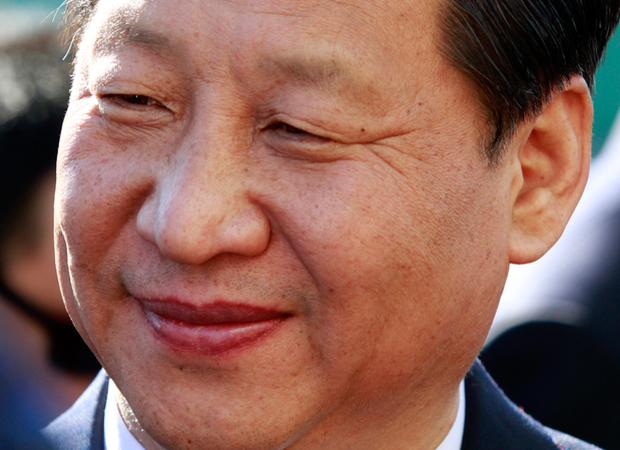
As part of our continuing series on China’s recent leadership transition, Arthur Ross Fellow Ouyang Bin sat down with political scientist Andrew Nathan, who published...
Protests erupt following a strike by journalists at a Chinese newspaper whose editorial on free speech was censored. Unlike most other protests in China, this one is about living in the truth.
I felt a shudder of déjà vu watching the mounting protests inside China this week of the Communist Party for censoring an editorial in Southern Weekend, a well-known liberal newspaper in the southern city of Guangzhou. It is all too...
There are few societies on earth more complementary than China's and Japan's. But Japan is afraid of China’s rise, and China is troubled by Japan.
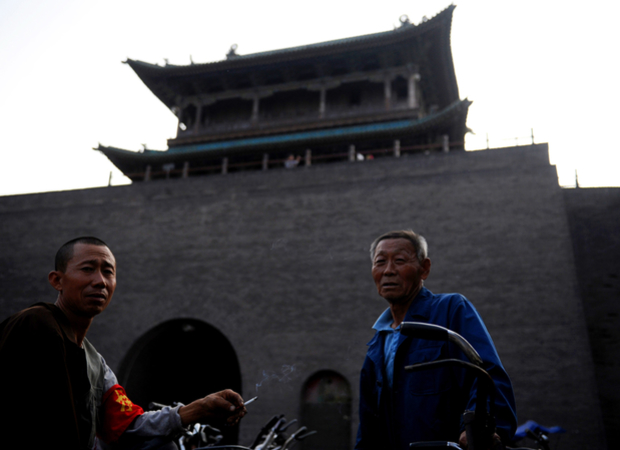
Nestled between mountains and a winding river in a scenic corner of Shanxi province is Zhongyang County, the home of an exquisite Confucian temple built during the Ming dynasty.
The colorful wooden temple graced this idyllic valley for...
Over the past 10 days, China's been riveted by accounts of what authorities call a doomsday cult: the church of Almighty God.
Mo Yan, recent recipient of the Nobel Prize in Literature, describes an experience in the People's Liberation Army in the 1970s. This text is excerpted from his part fiction, part memoir Change.
Xi Jinping is hitching himself to Deng Xiaoping’s legacy and style...
Pankaj Mishra reviews two new books on Mao Zedong and the Great Famine of 1958-62.
This year may prove to be a pivot point, when the myths that China and the world had adopted about the politics and economics of the People’s Republic began to erode.
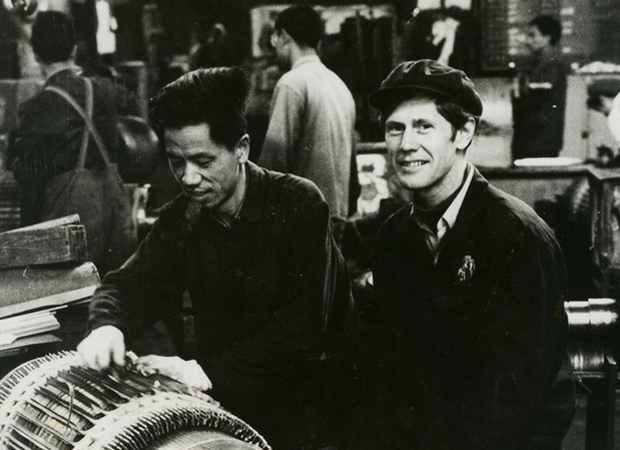
In 1961, when I first arrived in Hong Kong as an aspiring young China scholar, there was something deeply seductive about the way this small British enclave of capitalism clung like a barnacle to the enormity of China’s socialist revolution....
The palace is the largest discovered in the emperor's sprawling second century BC mausoleum, which lies on the outskirts of Xi'an, an ancient capital city in central China.
In just five years, China has surpassed the U.S. as a trading partner for much of the world. The first story in new Associated Press series on "...
China's focus on its role as victim of past humiliation is tempered by the spread of its largest ethnic group.
Xi Zhongxun, father of China's new president, Xi Jinping, was a former leader known for a more conciliatory approach to Tibetans.

Last summer I took a trip to Xinyang, a rural area of wheat fields and tea plantations in central China’s Henan province. I met a pastor, a former political prisoner, and together we made a day trip to Rooster Mountain, a onetime summer retreat...
China is visibly evolving toward liberal republican governance. Ten years, rather than life, tenure for its leaders is a major step.
All of China’s new Politburo Standing Committee, the group of politicians who rule country, have close connections with former leaders.
As a historian, however, I cannot let pass unchallenged the characterization of premodern Chinese political culture as “meritocratic.” Over the last 20 years, research has shown that the keju was far from the “ladder of success” it was long...
The leaders of the U.S. and China may not want to say it out loud, but they would privately admit that U.S.-China relations are in trouble.
In pre-Olypmics 2007, officials took solo interviews and overseas reporters were encouraged to ask questions. Not so this time.
A young man trudges doggedly around his village, notebook in hand, fringe flopping over his glasses. He goes from door to door, calling on the elderly.
The young man has one main question: Who died in our village during the Great Famine?...
China's most ambutious, radical and consequential think tank behind the scenes at the 18th Party Congress.
Without much fanfare, Beijing has introduced significant reforms and established an elaborate system of what can be called “selection plus election.”
The unpopular policy should be phased out, says a Chinese government think tank.
Critics say the Party can't hold power much longer if fundamental reforms are not introduced – a notion echoed by an essay in the latest issue of the CCP’s own theoretical journal, Seeking Truth.
Pushing China around like a bulked-up version of 1980s Japan doesn't fit a long-term U.S. objective: drawing China into the club of prosperous, rule-bound and democratic nations.
Dropping Mao's name from policy statements hints that the Communist Party may move toward reform.
Xinhua says China's ruling Communist Party will discuss a proposal aimed at strengthening one-party rule over the next five years.
In a new documentary on his life, Sidney Rittenberg, who once translated for Mao, refers to his jailer as both a hero and criminal.
Official data show that consumption contributed over half of China's growth so far this year, more than investment's contribution.
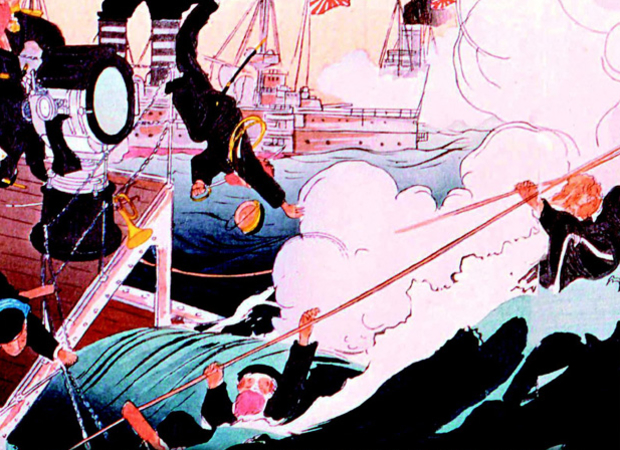
{vertical_photo_right}
Today on Sinica, Kaiser Kuo and Jeremy Goldkorn host a discussion with Pankaj Mishra on his book From the Ruins of...
U.S. presidential politics vilifying China obscures how deeply entwined the two countries have become.
Talks aim to reduce tensions over territorial dispute, avoid suffering in Asia’s biggest economies.
Ahead of the 18th National Congress, the phrase “socialism with Chinese characteristics” is as strong as ever.
David Levine’s depictions of Chinese notables—and everyone else he drew, for that matter—are so sublime that very often after seeing an image, one is left hardly able to remember what the real person actually looked like.
...
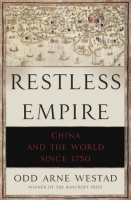
As the twenty-first century dawns, China stands at a crossroads. The largest and most populous country on earth and currently the world’s second biggest economy, China has recently reclaimed its historic place at the center of global affairs after decades of internal chaos and disastrous foreign relations. But even as China tentatively reengages with the outside world, the contradictions of its development risks pushing it back into an era of insularity and instability—a regression that, as China’s recent history shows, would have serious implications for all other nations.

To this day, I am not sure why the Chinese government approved my request to visit the PRC in the summer of 1966.
On a hot and humid early August Sunday, a fellow student from the University of Hawaii and I walked across the border in Hong...
Even the harshest critics of Polo’s historicity admit that he got some thing right, and must have had some valid sources. The question is whether he was an eyewitness and participant in the history and culture he described, and, most importantly...
So what about the Sino-Japanese relationship periodically enrages nationalists in both countries? What is this trap of historical memory and nationalist myth-making in which both countries find themselves?...
China’s Hui Muslims are unique in many respects. The country’s second-largest ethnic minority share linguistic and cultural ties with the majority in China that have allowed them to practice their religion with less interference and fewer...
Returning to Beijing after nearly 50 years sparks recollections of a China long gone, and the memory of one very special meeting.
Unlike the horrors of the Soviet gulag or the Holocaust, what happened in China during the Great Leap Forward has received little attention from the larger world, “even though it is one of the worst catastrophes in twentieth-century history,”...